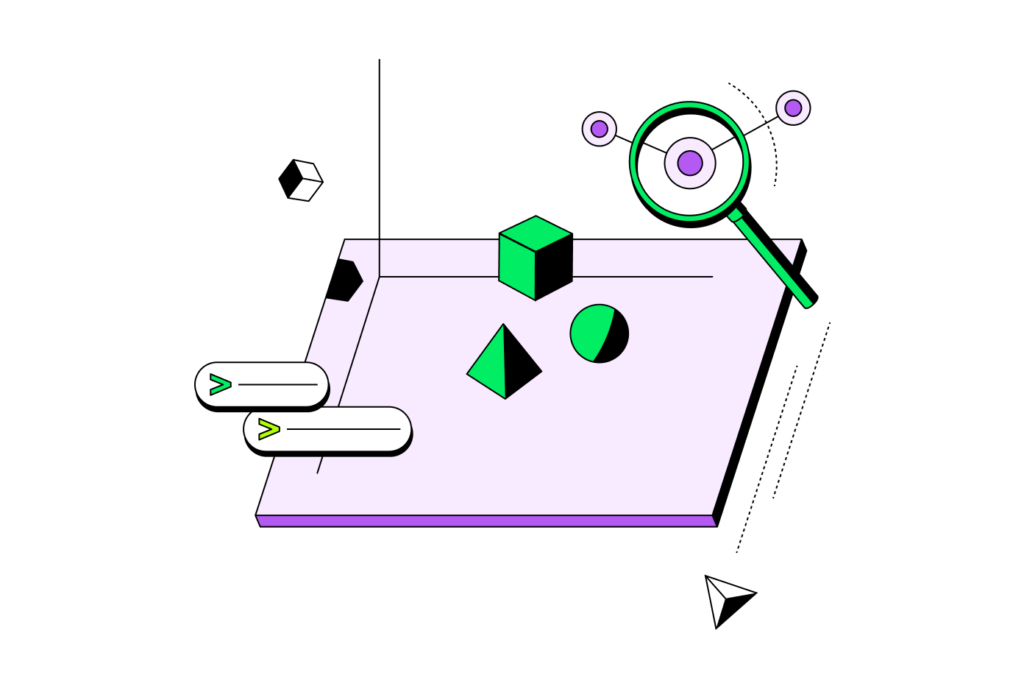Founded and headquartered in Singapore, M-DAQ Global is a fintech powerhouse providing seamless cross-border transactions for businesses worldwide. M-DAQ’s comprehensive suite of foreign exchange, collections, and payments solutions help organizations of all sizes navigate the complexities of global trade, offering FX clarity, certainty, and payment mobility.
M-DAQ also offers AI-powered services like Know Your Business (KYB), onboarding, and advanced risk management tools. Amidst ever-evolving requirements, these enable business transactions across borders with ease, while staying compliant.
One of M-DAQ’s most innovative solutions, CheckGPT, is an AI-powered platform designed to streamline Anti-Money Laundering (AML) compliance. It was built on MongoDB Atlas, providing a strong foundation for designing multitenant data storage. This approach ensures that each client has a dedicated database, effectively preventing any data co-mingling.
Traditional AML processes often involve tedious, time-consuming tasks, from document review, to background checks, to customer onboarding. By building CheckGPT, M-DAQ’s aim was to change this paradigm, and to leverage AI to automate (and speed) these manual processes. Today, CheckGPT allows businesses to process onboarding 30 times faster than traditional human processing.
The platform also leverages MongoDB Atlas’s native Vector Search capabilities to power intelligent semantic searches across unstructured data.
-saay9m0j3s.png)
The challenge: Managing unstructured, sensitive data, and performing complex searches
One of CheckGPT’s priorities was to improve processes around collecting, summarizing, and analyzing data, while flagging potential risks to customers quickly and accurately.
Considering the vast number and complexity of data sets its AI platform had to handle, and the strict regulatory landscape the company operates in, it was crucial that M-DAQ chose a robust database.
CheckGPT needed a database that could efficiently and accurately handle unstructured data, and adapt rapidly as the data evolved. The database also had to be highly secure; to function, the AI tool would have to handle highly sensitive data, and would need to be used by companies operating in highly regulated industries.
Finally, CheckGPT was looking for the ability to perform complex, high-dimensional searches to power a wide range of complex searches and real-time information analysis.
MongoDB Atlas: A complete platform with unique features
According to M-DAQ, there are many benefits of using MongoDB Atlas’ document model:
-
Flexibility: MongoDB Atlas’s document model accommodates the evolving nature of compliance data, providing the flexibility needed to manage CheckGPT’s dynamic data structures, such as onboarding documents and compliance workflows.
-
Security and performance: The MongoDB Atlas platform also ensures that data remains secure throughout its lifecycle. M-DAQ was able to implement a multi-tenancy architecture that securely isolates data across its diverse client base. This ensures that the platform can handle varying compliance demands while maintaining exceptional performance, giving M-DAQ’s customers the confidence that the AML processes handled by CheckGPT are compliant with stringent regulatory standards.
-
Vector search capabilities: MongoDB Atlas provides a unified development experience. Particularly, MongoDB Atlas Vector Search enables real-time searches across a vast amount of high-dimensional datasets. This makes it easier to verify documents, conduct background checks, and continuously monitor customer activity, ensuring fast and accurate results during AML processes.
“AI, together with the flexibility of MongoDB, has greatly impacted CheckGPT, enabling us to scale operations and automate complex AML compliance processes,” said Andrew Marchen, General Manager, Payments and Co-founder, Wallex at M-DAQ Global. “This integration significantly reduces onboarding time, which typically took between 4-8 hours to three days depending on the document’s complexity, to less than 10 minutes. With MongoDB, M-DAQ is able to deliver faster and more accurate results while meeting customer needs in a secure and adaptable environment.”
The future of CheckGPT, powered by MongoDB
M-DAQ believes that AI and data-driven technologies and tools will continue to play a central role in automating complex processes. By employing AI, M-DAQ aims to improve operational efficiency, enhance customer experiences, and scale rapidly—while maintaining high service standards.
MongoDB’s flexibility and multi-cloud support will be key as M-DAQ plans to use single/multi-cluster and multi-region capabilities in the future.
M-DAQ aims to explore additional features that could enhance CheckGPT’s scalability and performance. The company, for example, plans to expand its use of MongoDB for future projects involving automating complex processes like compliance, onboarding, and risk management in 2025.
Learn more about CheckGPT on their site.
Visit our product page to learn more about MongoDB Atlas.
Get started with MongoDB Atlas Vector Search today with our Atlas Vector Search Quick Start guide.
Source: Read More



